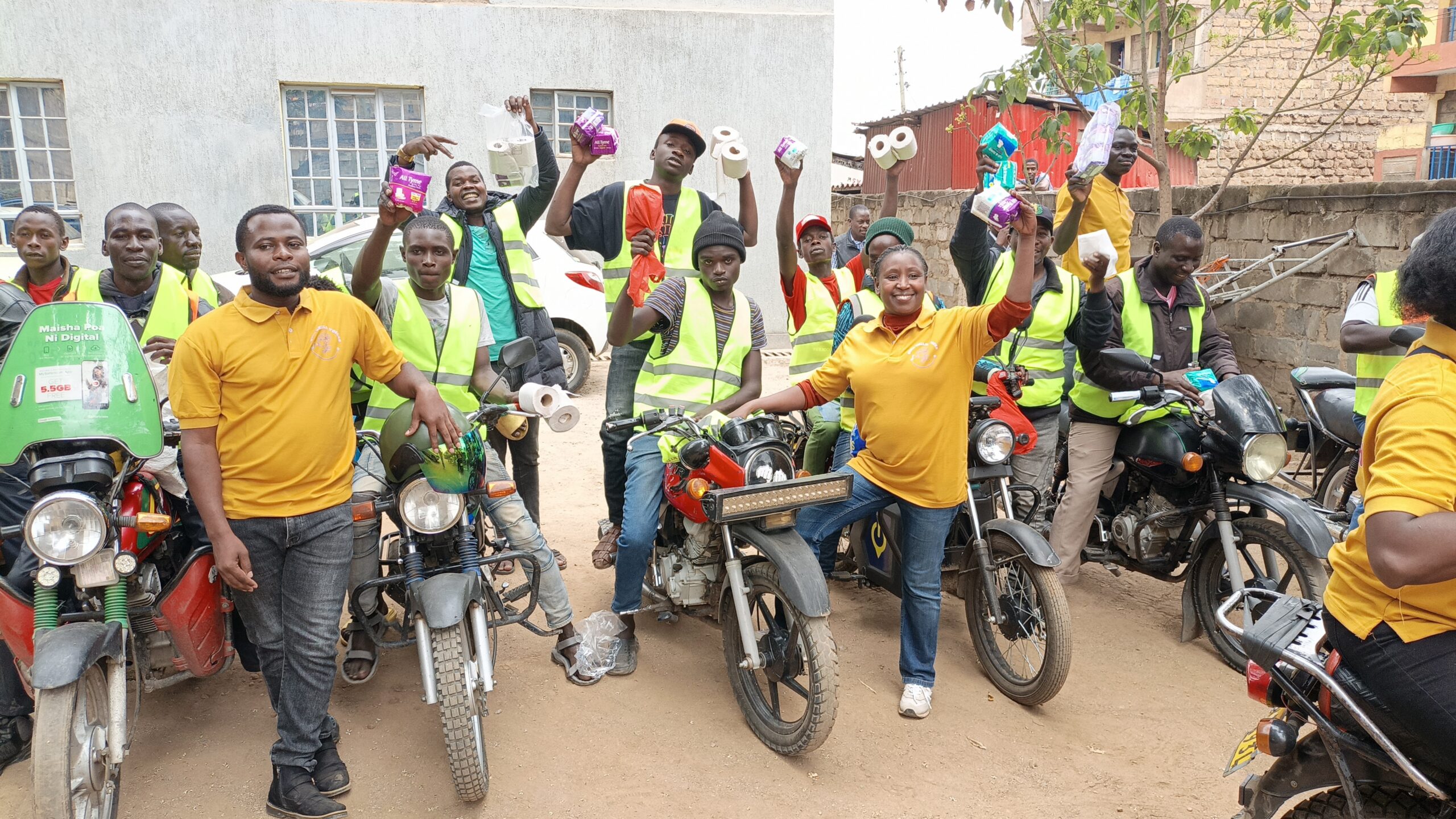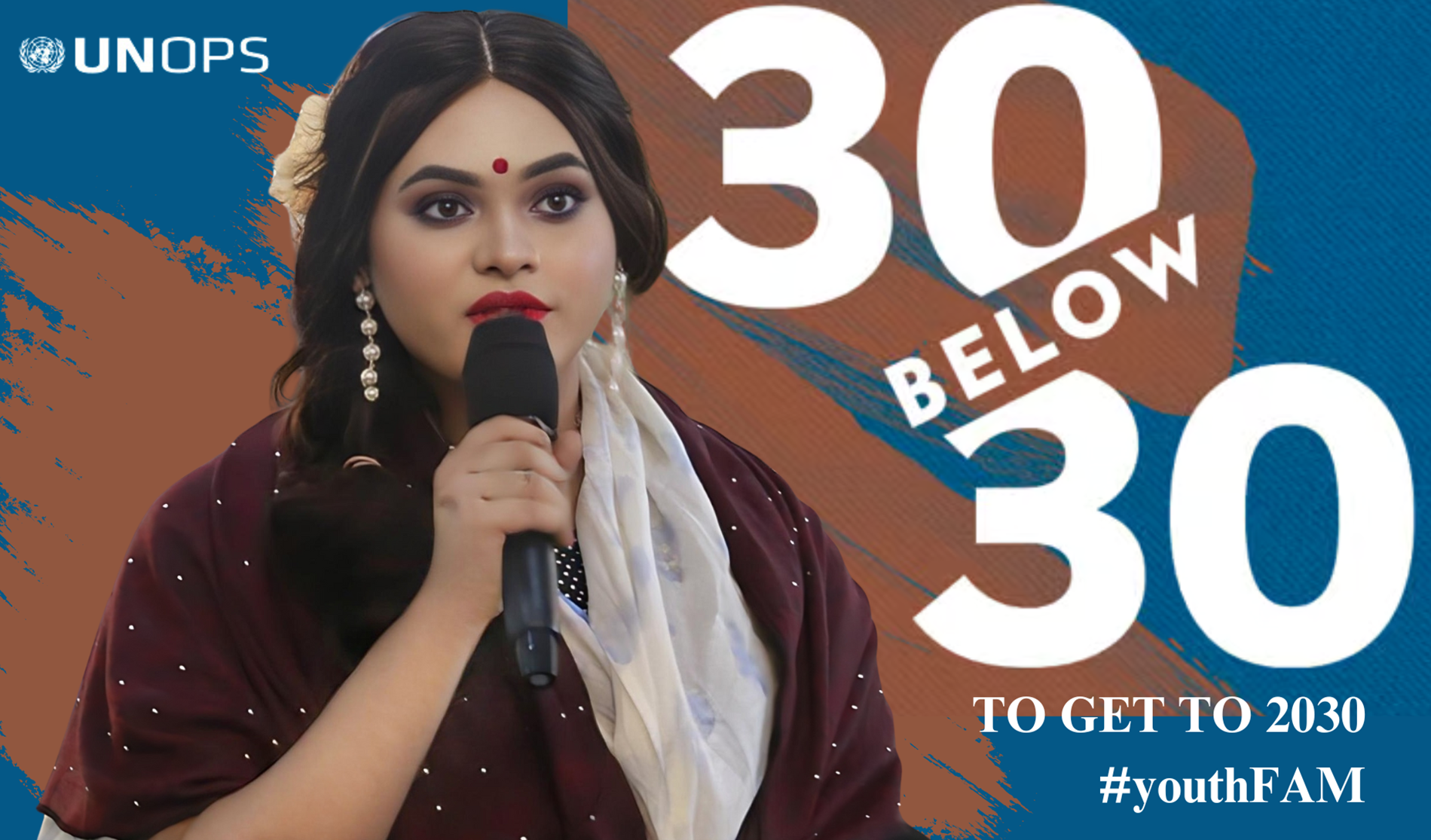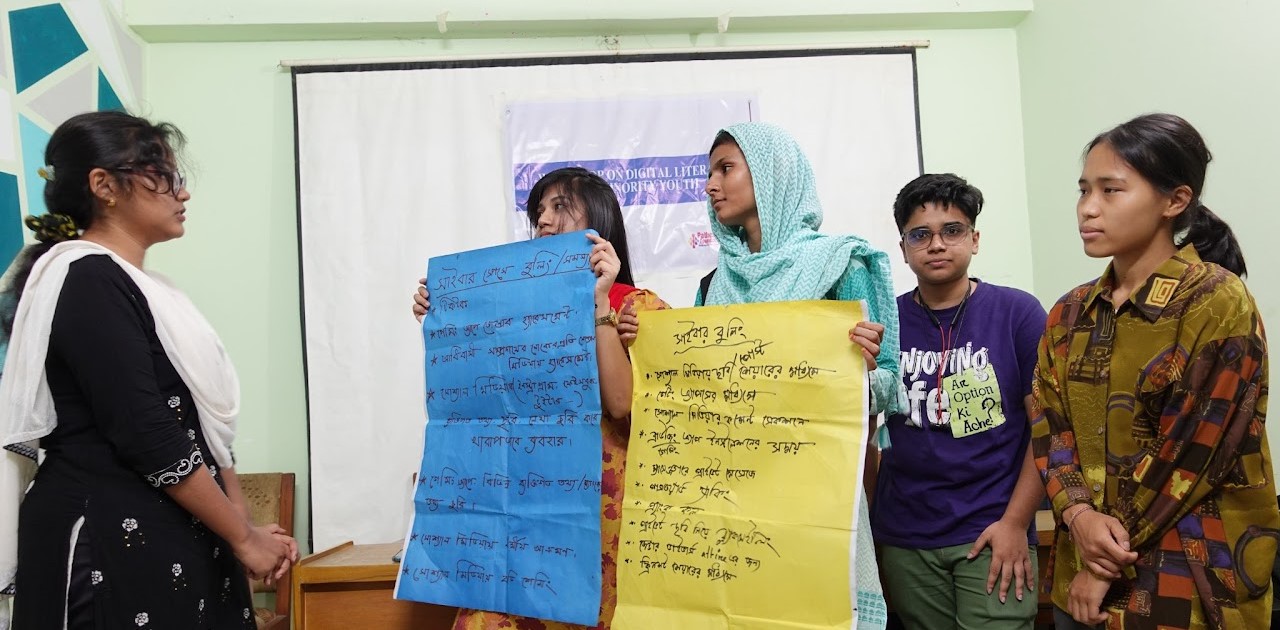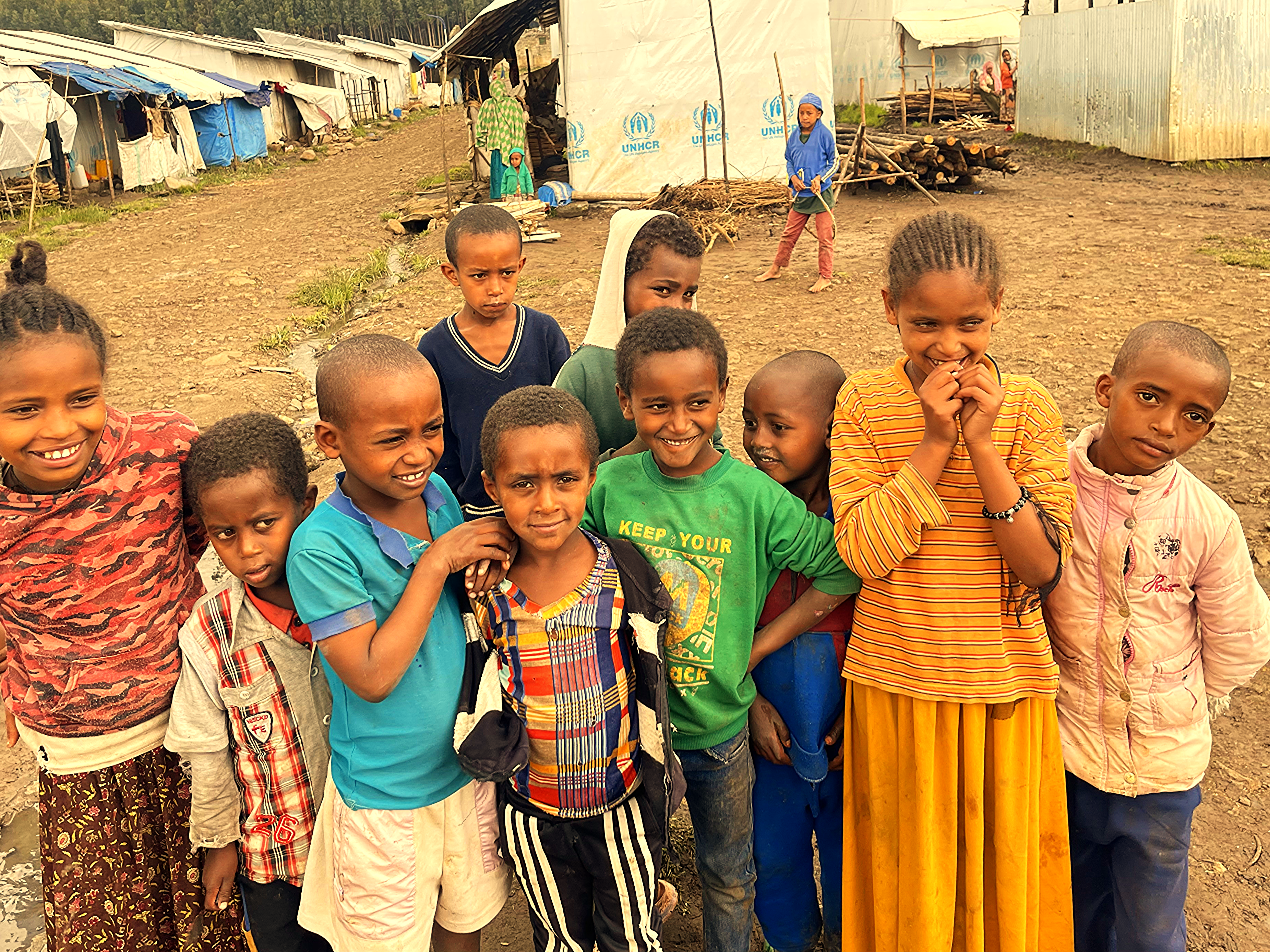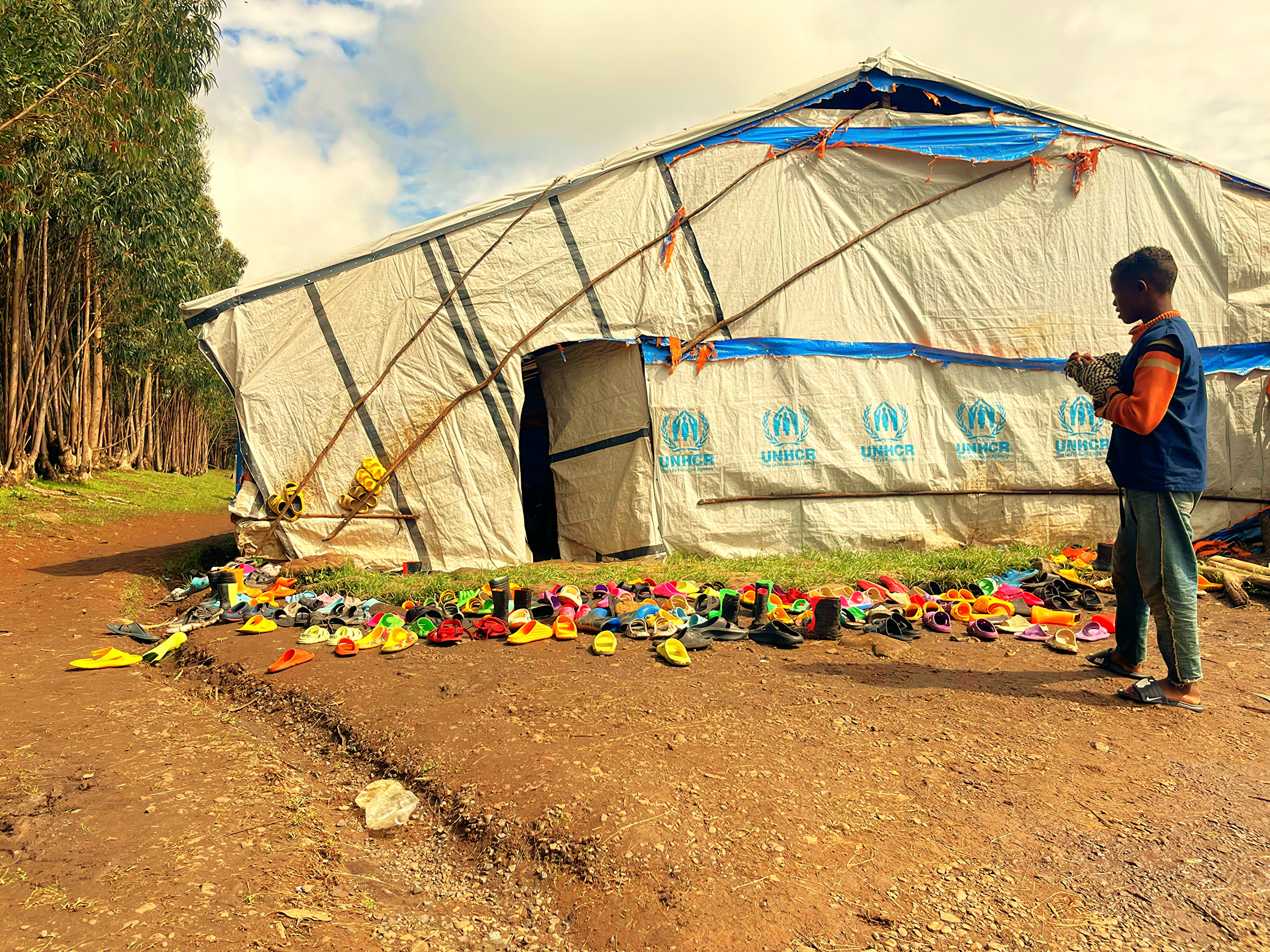Stories

31/05/2024
Bangladesh: Introducing Survivor-Centric Approach for GBV Survivors
By: Manisha Meem Nipun, Co-founder of Pathchola Foundation Bangladesh
Manisha Meem Nipun is the Co-founder of Pathchola Foundation, Bangladesh, who has been working tirelessly to transform their approach to addressing gender-based violence (GBV). This transformation became a reality after their participation in the Feminist Approaches to Project Design training program under the FON partnership.
As the founder of our LGBTQ+ youth-led organization, I witnessed a transformative shift in our approach to addressing gender-based violence following our participation in the training on feminist approaches to project design, which we consider as one of the most profound changes that emerged in our response to survivors within our community. Previously, our organization lacked structured support mechanisms for survivors of gender-based violence. However, the training inspired us to prioritize survivor-centred approaches and integrate feminist principles into our organizational culture.
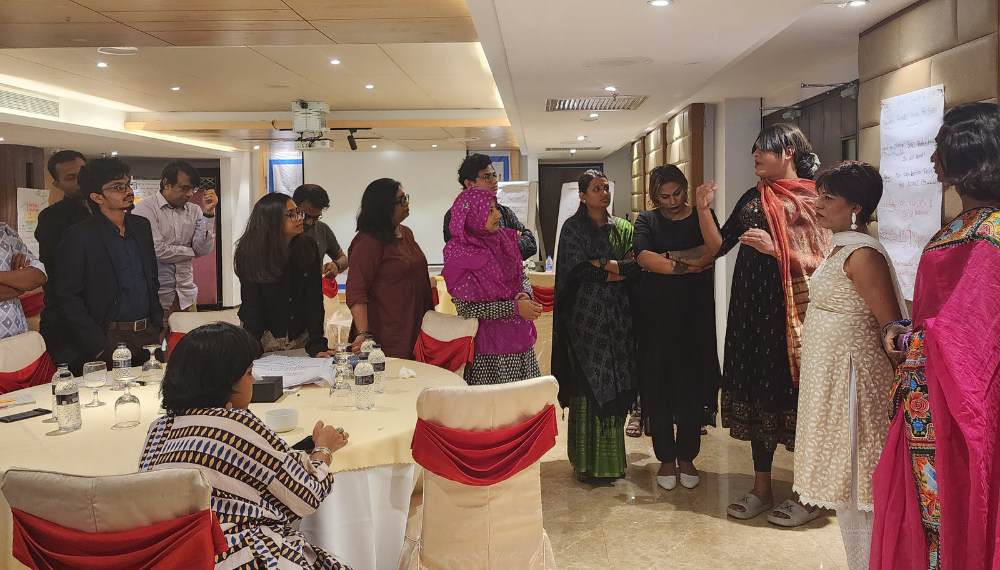
We have established a dedicated support system within our organization, providing survivors with a safe space to share their experiences and access to confidential resources. Drawing from our learnings from the training on intersectionality, we are ensuring that our support services are inclusive and sensitive to the diverse needs of survivors. Moreover, we have developed protocols for responding to disclosures of gender-based violence, equipping our team with the skills and knowledge to provide compassionate and effective support. This shift has not only empowered survivors to seek help but has also fostered a culture of accountability within our organization.
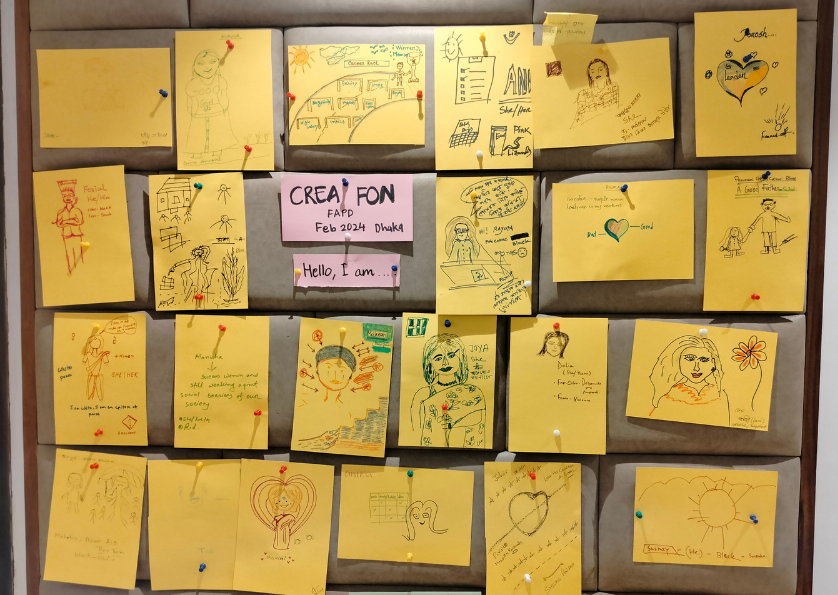
In the months following the training, we have witnessed a remarkable increase in survivors coming forward to access support services. Our commitment to ending gender-based violence is not merely rhetoric; it reflects in tangible actions and initiatives driven by the transformative learnings from the training. The training served as a catalyst for organizational change, propelling us towards our vision of creating a safer and more inclusive community for all LGBTQ+ individuals.
Ultimately, the training reinforced the importance of centering survivor voices and upholding feminist values in our work, ultimately leading to meaningful impact and lasting change.

English

English

Spanish

